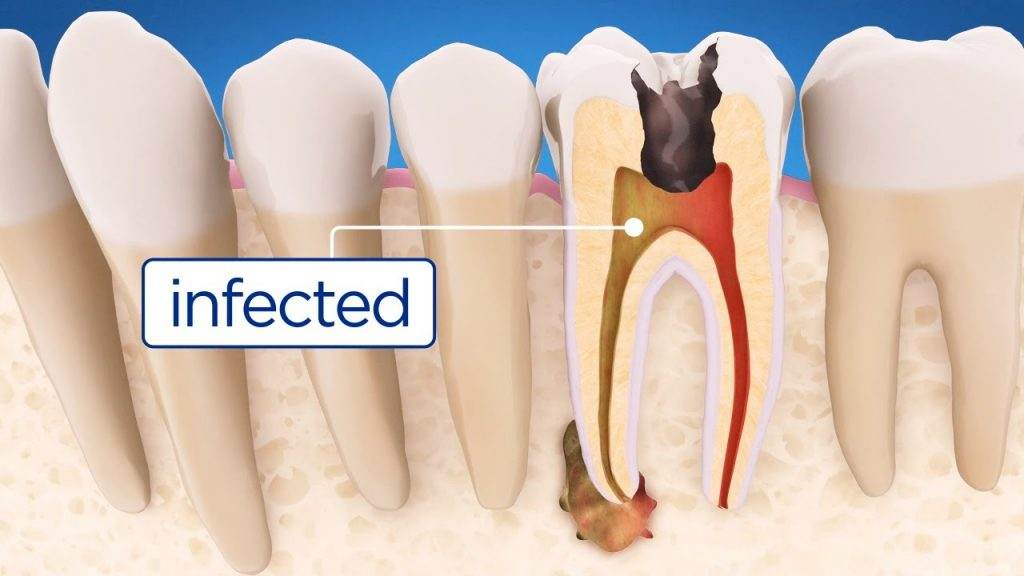Dental health is integral to overall well-being, impacting both physical health and quality of life. From common issues like tooth decay to more complex conditions such as gum disease and tooth loss, effective treatment plays a crucial role in preserving oral health. This article delves into various dental problems, exploring the best treatment approaches available today.
Tooth Decay And Cavities
Tooth decay, often leading to cavities, remains one of the most prevalent dental issues globally. It results from a combination of factors including poor oral hygiene, bacteria in the mouth, and dietary habits high in sugars and acids. Early stages of decay may not exhibit symptoms, making regular dental check-ups essential for early detection through visual exams and X-rays. Treatment options range from simple dental fillings for minor cavities to more extensive procedures like root canal therapy for advanced decay that has affected the tooth pulp.
Gum Disease (Periodontal Disease)
Gum disease encompasses a spectrum of conditions ranging from gingivitis (mild inflammation) to periodontitis (severe gum and bone damage). Plaque buildup along the gum line is the primary cause, leading to inflammation and, if untreated, potential tooth loss. Treatment involves professional cleaning techniques like scaling and root planing to remove plaque and tartar deposits below the gum line. Advanced cases may require surgical intervention to reduce pocket depths and restore gum attachment to the teeth.
SEE ALSO: Why Is Dental Not Covered by Health Insurance Canada?
Tooth Sensitivity
Tooth sensitivity can result from enamel erosion, gum recession exposing the tooth root, or dental procedures like teeth whitening. It manifests as discomfort or pain when exposed to hot, cold, sweet, or acidic substances. Management includes using desensitizing toothpaste containing fluoride or potassium nitrate, which help block pain sensations. For severe cases, dentists may recommend bonding agents or varnishes applied to sensitive areas to provide long-lasting relief.
Tooth Loss
Tooth loss can occur due to various reasons including trauma, decay, or periodontal disease. It not only affects oral function but can also impact facial aesthetics and self-confidence. Treatment options range from traditional dentures and bridges to more advanced solutions like dental implants. Dental implants offer a permanent, natural-looking replacement for missing teeth, anchored securely into the jawbone to provide stability and functionality similar to natural teeth.
What Is The Best Way to Treat Dental Problems?
Importance of Regular Dental Check-ups
Routine dental visits are crucial for preventive care and early detection of dental problems. Dentists can identify issues like cavities, gum disease, and oral cancer in their early stages, improving treatment outcomes and reducing the need for extensive procedures.
Maintaining Good Oral Hygiene
Proper oral hygiene practices, including brushing at least twice daily with fluoride toothpaste and flossing once a day, are fundamental in preventing dental problems. Dentists may recommend additional oral care products such as mouth rinses or interdental brushes based on individual needs.
Professional Dental Cleanings
Professional dental cleanings performed by dental hygienists remove plaque and tartar buildup that cannot be adequately addressed through regular brushing and flossing alone. These cleanings help prevent gum disease, cavities, and bad breath, contributing significantly to overall oral health.
Advanced Dental Treatments
Cosmetic Dentistry
Cosmetic dentistry focuses on enhancing the appearance of teeth and smiles through various procedures. Common treatments include teeth whitening to remove stains, veneers to improve tooth shape and color, and cosmetic bonding to repair minor imperfections like chips or gaps.
Orthodontic Treatments
Orthodontic treatments correct misaligned teeth and jaws, improving both dental function and aesthetics. Traditional braces and clear aligners like Invisalign gradually move teeth into their proper positions, addressing issues such as overcrowding, gaps, and bite irregularities.
Restorative Dentistry
Restorative dentistry aims to restore damaged or missing teeth to their optimal function and appearance. Procedures include dental fillings for cavities, crowns to strengthen weakened teeth, and bridges to replace missing teeth by bridging the gap between adjacent natural teeth.
Special Considerations for Different Age Groups
Children and Adolescents
Children and adolescents have unique dental needs, including preventive care to establish good oral hygiene habits early in life.
Dental sealants and fluoride treatments help protect vulnerable teeth from decay, while orthodontic evaluations assess the need for timely intervention to guide proper tooth alignment.
Adults
Adults may face dental challenges such as increased susceptibility to gum disease, tooth wear from aging, and the potential need for restorative or cosmetic treatments. Maintaining regular dental visits and practicing good oral hygiene are essential in preventing and addressing these issues effectively.
Seniors
Seniors often experience oral health issues related to aging, including dry mouth, gum recession, and an increased risk of tooth loss. Dental care for seniors may involve denture maintenance, periodontal treatments, and preventive measures to manage oral health conditions associated with aging.
Integrating Technology in Dental Care
Digital Dentistry Advancements
Digital technologies like CAD/CAM (computer-aided design/computer-aided manufacturing) systems revolutionize dental treatments by enabling precise digital impressions and customized restorations.
These advancements improve treatment accuracy, efficiency, and patient comfort.
Tele-dentistry
Tele-dentistry expands access to dental care through remote consultations and follow-ups using telecommunications technology. It benefits patients in underserved areas or those with limited mobility, providing convenient access to dental expertise and advice.
Conclusion
Effective treatment of dental problems combines preventive care, timely intervention, and advanced treatment options tailored to individual needs. By prioritizing regular dental visits, practicing good oral hygiene, and considering advancements in dental technology, individuals can maintain optimal oral health throughout their lives. Investing in dental care not only preserves natural teeth but also contributes to overall well-being and quality of life.

